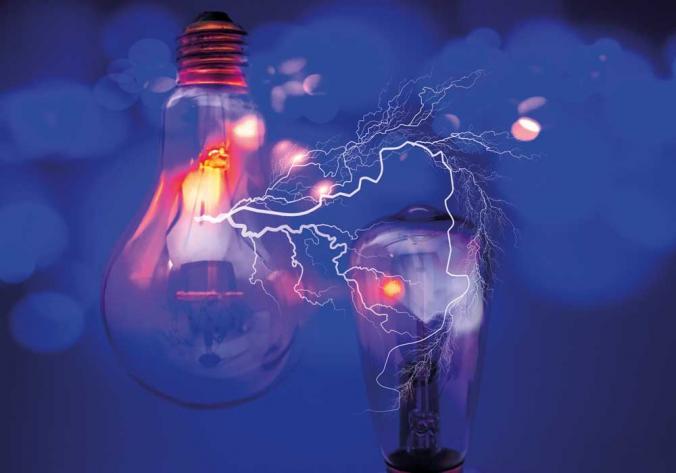Editorial
Safety First!
We all remember the tragic disaster of BP’s Deepwater Horizon drilling rig in the Gulf of Mexico in 2010 which killed 11 people and caused a massive oil spill. As of February 2013, the criminal and civil settlements and payments to a trust fund had a price tag of over 31 billion EUR’os for BP, and still three years after the oil spill the residual effects for the environment are apparent. In July 2013, the discovery of a large tar mat on the coast of Louisiana caused closing of the area of commercial fishing.
As a response to this disaster, the European Union has recently adopted a new directive (2013/30/EU) on the safety of offshore oil and gas operations.
“The risks relating to major offshore oil or gas accidents are significant. By reducing the risk of pollution of offshore waters, this Directive should therefore contribute to ensuring the protection of the marine environment and in particular to achieving or maintaining good environmental status by 2020 at the latest” The objective of the Directive is to reduce, as far as possible, the occurrence of major accidents relating to offshore oil and gas operations. The aim is also to improve the response mechanisms in case of an accident, and to limit the consequences by establishing minimum conditions for safe offshore exploration and exploitation of oil and gas. The directive sets clear rules for all European platforms and it covers the whole lifecycle of all exploration and production activities. The Directive is published at EU’s EURLex web pages http://eur-lex.europa.eu/en/index.htm
Safety is not important only for the oil and gas industry operating in harsh environments and unique challenges, safety is important for all of us! Last year, the European Agency for Safety and Health at Work (EU-OSHA) launched the Healthy Workplaces Campaign “Working together for risk prevention”. The campaign encourages managers, workers and other stakeholders to join forces to improve safety and health at the workplace, focusing on risk prevention, managing risks and encouraging top managers to actively engage in risk reduction.
EU-OSHA has developed a free, web based risk assessment tool OiRA (Online interactive Risk Assessment) which makes risk assessment a straightforward process also for small companies – to make Europe a safer, healthier and more productive place to work.
For more information, please go to: https://osha.europa.eu/en www.oiraproject.eu
“Safety is not a gadget but a state of mind” (Eleanor Everet)









